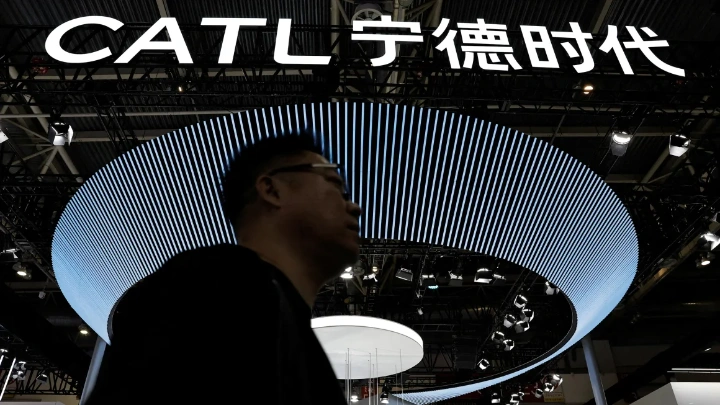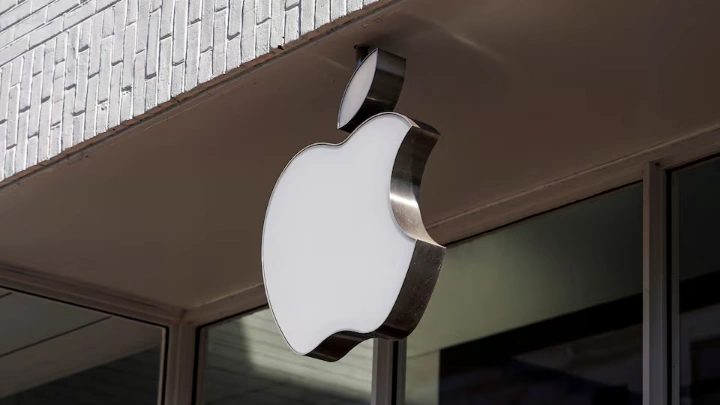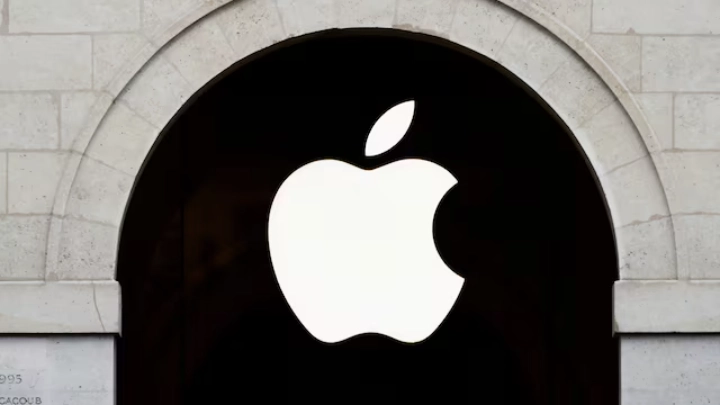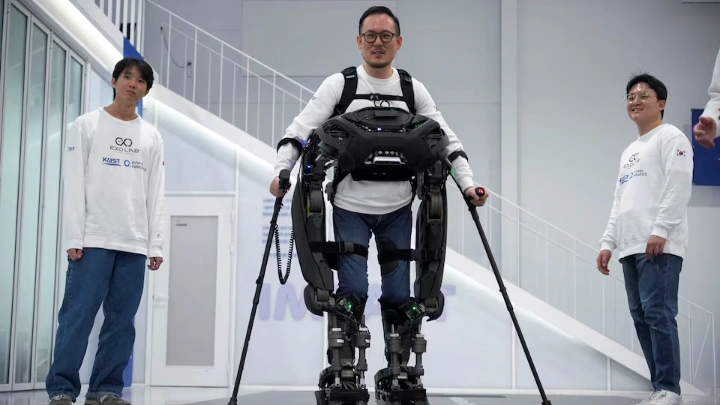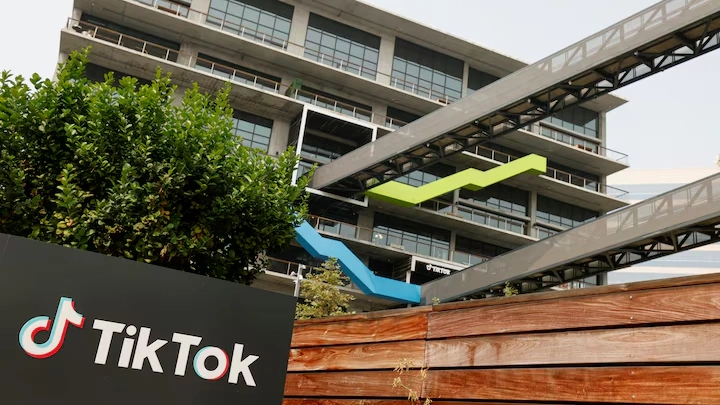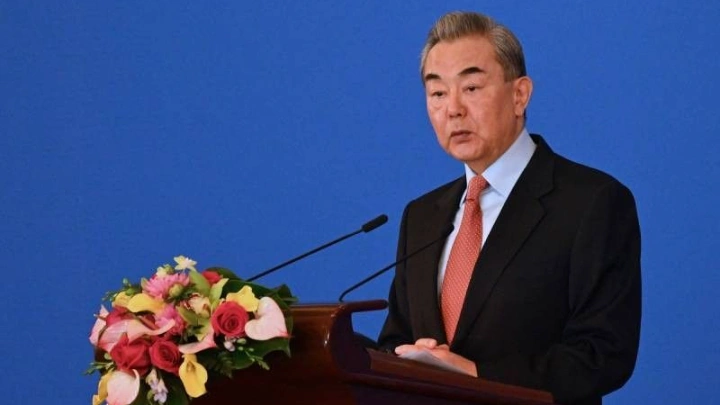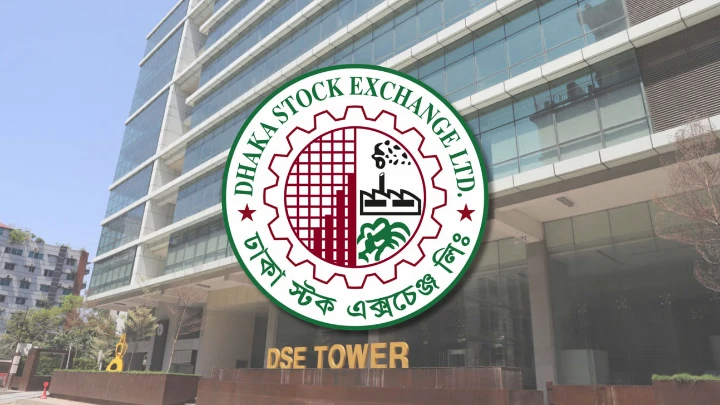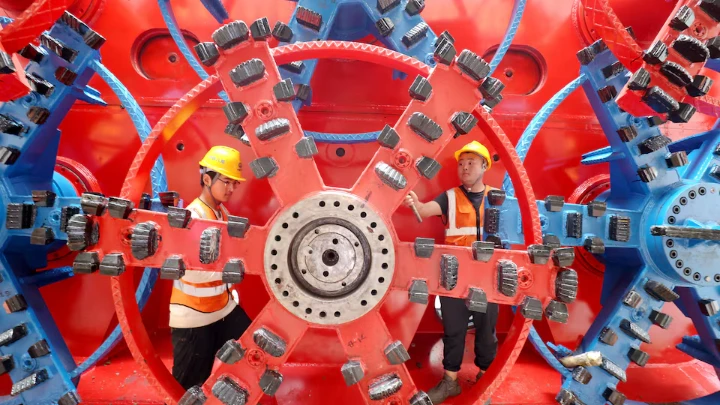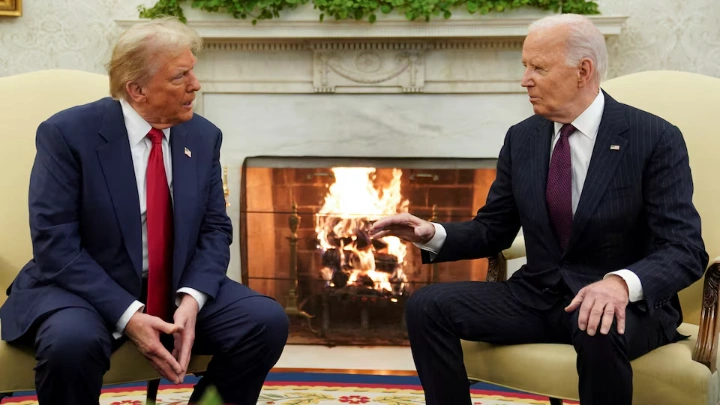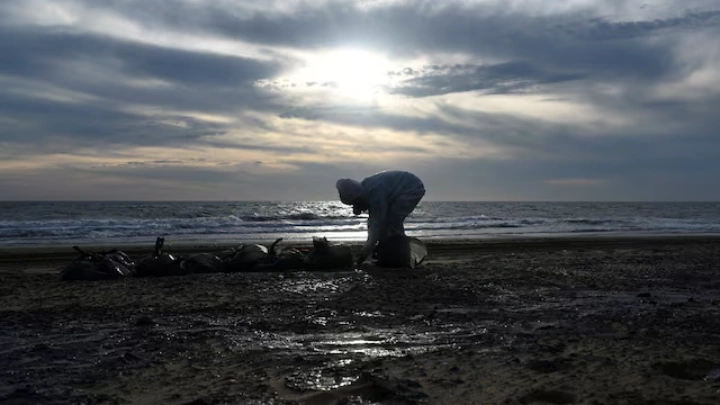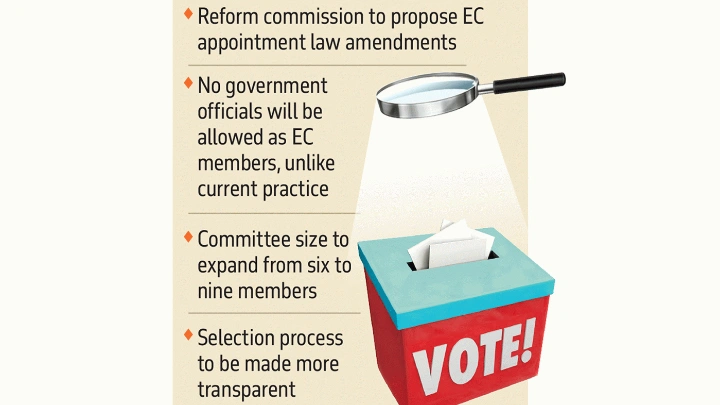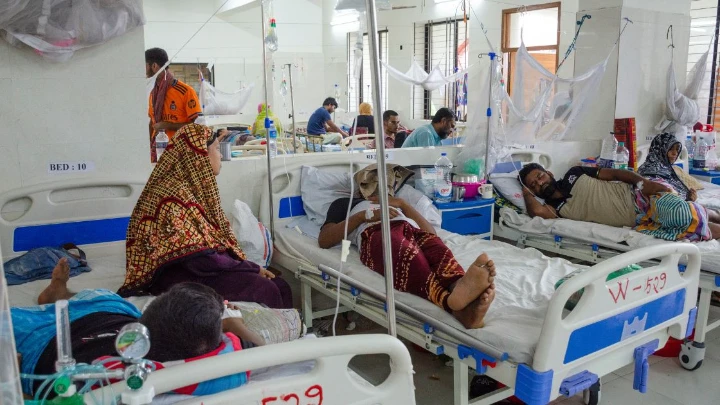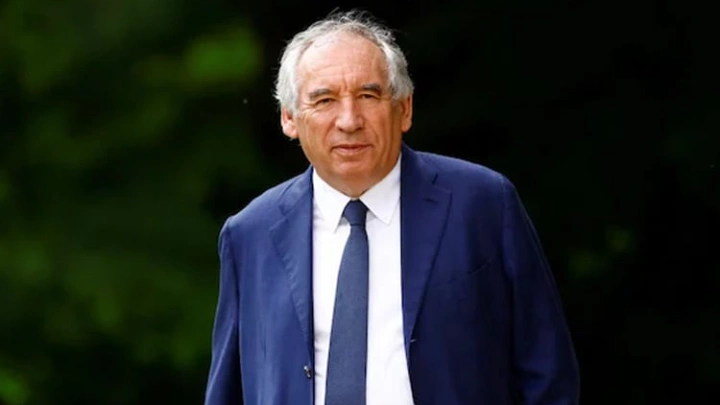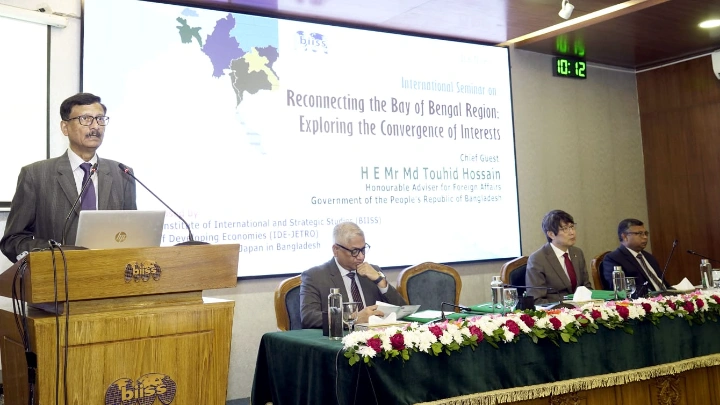China to invest $845 million on ramping up its advanced EV battery ambitions
CNN || Shining BD
China plans to invest around 6 billion yuan ($845 million) to develop next-generation battery technology powering electrical vehicles (EVs), even as its industrial policy has sparked overcapacity concerns and become a key target of US and European complaints.
A total of six companies — including CATL, the world’s biggest battery manufacturer, and major automakers like BYD and Geely — are eligible for government support to develop all-solid-state batteries (ASSBs), the official China Daily newspaper reported Wednesday, citing unnamed industrial sources.
The “unprecedented” project will be led by the relevant government ministries and commissions, it said, without giving details.
ASSBs are a new technology that improves on traditional lithium-ion batteries (LIBs) using a solid, conductive electrolyte instead of liquid or gel-form material. They are less likely to catch fire or explode than conventional batteries and have higher energy density, so they are believed to be safer and more powerful.
However, the powerful batteries are not widely available at the moment due to their high cost and difficulty in being mass produced.
The news of Beijing’s intended investment comes at a fraught time for China’s trade relations with the West.
Earlier this month, the Biden administration imposed major new tariffs on Chinese EVs, advanced batteries and other goods. American officials say they want to protect US jobs and businesses from problems posed by the overproduction of certain products in the world’s second largest economy.
The European Commission is set to announce early next month its own decision on Chinese EV tariffs, which could spell trouble for Chinese EV makers that export hundreds of thousands of cars to Europe every year.
But Beijing is still ramping up efforts to accelerate EV production as it tries to counter a property-induced economic slowdown and promote a low-carbon economy.
Global automakers and tech companies are also working on ASSBs.
In January, Toyota (TM) said it would launch vehicles with solid-state batteries in a few years, according to Reuters. Samsung SDI said in March that it would begin mass producing solid-state batteries in 2027. Volkswagen has also been trying to develop the batteries with US startup Quantum Scape.
Chinese rivals are also upping the ante. GAC Group, a state-owned automaker based in Guangzhou, said in November that it had achieved a breakthrough in solid-state batteries and would roll out vehicles with them in 2026.
Shining BD

